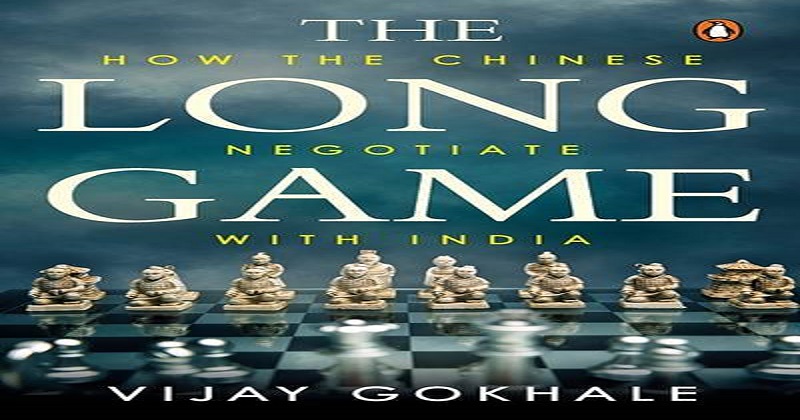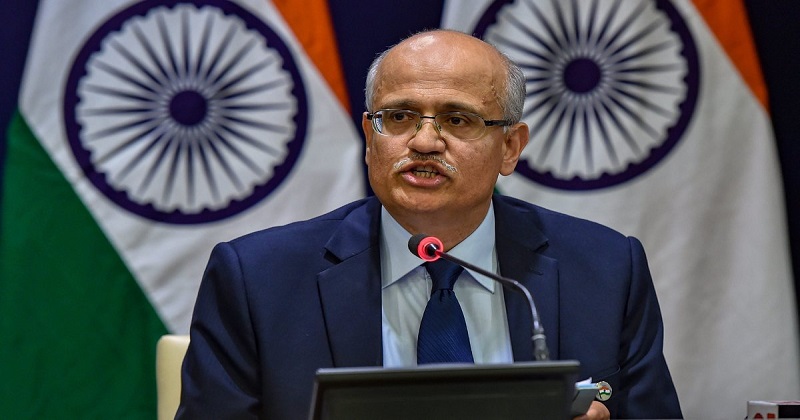
Former Foreign Secretary Vijay Gokhale says the Chinese are masters at manipulating time, and one of their strategies is to play the victim. In his view, China’s strategies and tactics vary depending on the situation and the relative strength of both parties, but one can discern common threads that run through the way the Chinese conduct international relations.
He suggests that Indians should remember these points when preparing for talks with China. In his new book The Long Game: How the Chinese Negotiate with India, Gokhale explores the dynamics of negotiation between the two countries through the prism of six historical and recent events in the India-China relationship.

His comments come amid the border stand-off in eastern Ladakh between India and China. ‘China is a master at manipulating time; if the interlocutor is hesitant to yield to its demands, they will start by referring to China’s long history and their ability to display patience,’ the book, released by Penguin Random House, explains. In Gokhale’s opinion, China will always try to guide the agenda and determine the direction for negotiations and avoid discussions that could place it in an uncomfortable corner or compel Chinese negotiators to reveal their position prematurely.

According to him, it is essential for the other party to raise its issues of interest in the working-level negotiations, even if they are not on the formal agenda, as a way of showing China that the other party has equal interest and the right to put forward its issues in the discussions. Moreover, he points out that whenever there is a contentious issue, the Chinese always enunciate ‘principles’ before resolving it.
‘The Indian side might, therefore, wish to closely examine the ‘principles’ proposed by China, and negotiate them in a manner that limits Chinese flexibility or does not allow the Chinese side to constrain India’s position on the specifics of any issue,’ he writes.
Read more: Kerala High Court rules that using any part of woman’s body to mimic penetrative sexual act is rape
As Gokhale explains, it is crucial to be aware of two types of Chinese plays on issues that are particularly contentious or crucial. ‘They will keep saying ‘no’ for as long as possible, keeping all options on the table,’ he says, adding that the other Chinese play is to ‘fall back on the power of silence’. Six important events in bilateral relations are explored in the book:
- India’s recognition of China on December 30, 1949
- The trade deal between the Tibet Region of China and India of April 29, 1954
- India’s nuclear tests of 1998
- China’s formal recognition of Sikkim as a part of India on April 11, 2005
- India-China diplomatic negotiations on the 123 nuclear deal in 2008
- Listing of Masood Azhar as a terrorist in the UNSC 1267 Sanctions List on May 1, 2019.

Post Your Comments